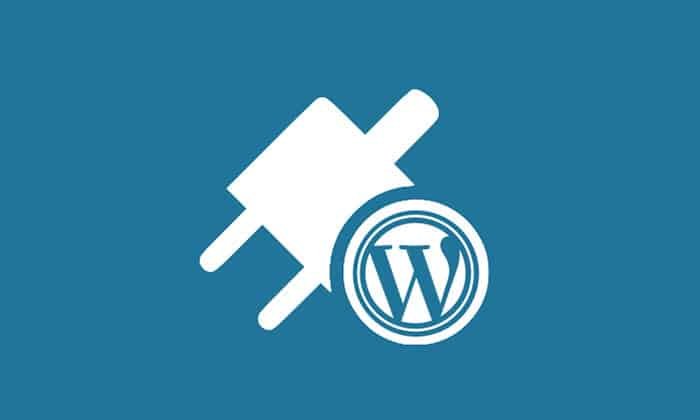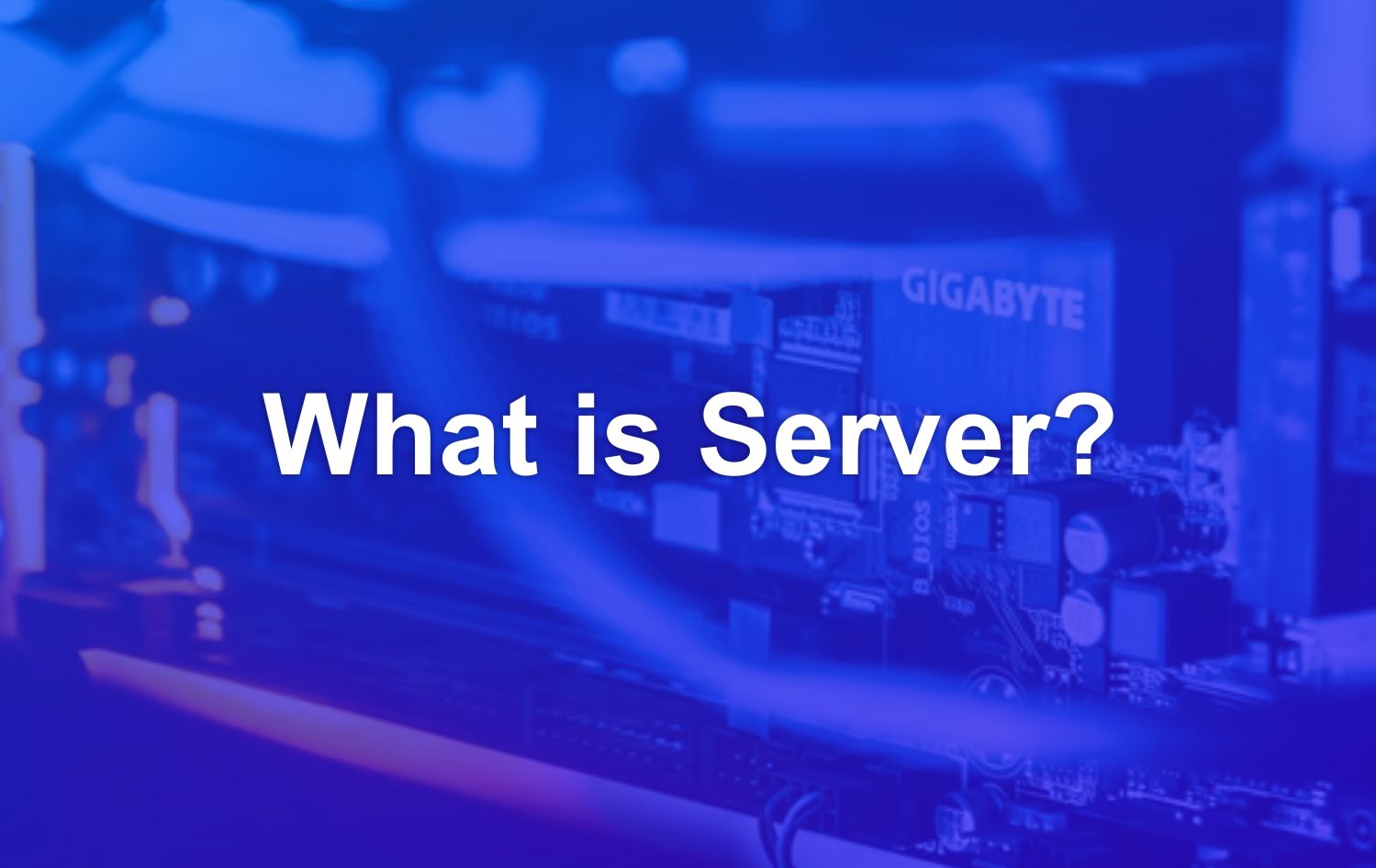Do you know what is plugin? and do you know what are the functions and benefits? If you don’t know what a plugin is, its functions and benefits, let’s read this article to the end.
New WordPress users will definitely be wondering about what a plugin is and what is the function of using a plugin for WordPress, to eliminate your curiosity, in this article I will explain in detail what a plugin is, how a plugin works and how to use a WordPress plugin.
You will need a plugin if you are a self-hosted or self-hosted WordPress user, free WordPress users who register on WordPress.com don’t need a plugin because there are no features to add or install plugins. WordPress.com is automatically tuned to work well behind the scenes, so free WordPress users just need to sign up and do a little bit of setup.
What are WordPress Plugins?

Plugins are pieces of software that contain various functions that can be added to a WordPress website. Plugins can extend functionality and usability or add new features to a WordPress site so that WordPress can be used for various site purposes. The WordPress plugin is written in the PHP programming language and integrates very seamlessly with WordPress.
Plugins play a very important role for WordPress, even this is arguably an inseparable part of WordPress. Plugins have many different functions and uses depending on the needs of your site. For example: when you want to build an online store website on WordPress then you have to install a plugin like WooCommerce or WP eCommerce which has the functions and features for an online store.
How Do WordPress Plugins Work?
WordPress is written in such a way that other developers can add their own code to it. The WordPress plugin API offers a series of hooks and filters that allow developers to modify existing WordPress functionality or add new functionality.
WordPress also allows developers to store data in the WordPress database. Plugins can use WordPress content types, taxonomies, and custom fields that allow users to store different types of content beyond just posts and pages.
Every WordPress plugin installed or installed on your site is registered in your WordPress database. You can turn it on and off whenever you want.
On each visit, WordPress connects to the database, loads the core software, and then loads your active plugin. All this code is processed on your server and then sent to the user’s browser.
Where to Get WordPress Plugins?
To get a WordPress plugin, you can go to the Plugins » Add New menu, on the site you will see a large list of WordPress plugins available to you or you can directly visit the WordPress.org site and enter the WordPress plugin directory, more precisely in the “Plugins” menu.
When I wrote this article, there are 53,602 plugins in the official WordPress directory or library that you can download for free. On the main page of the plugin directory you will see three sections consisting of “Featured Plugins”, “Popular Plugins” and “Beta Plugins”, you can click on the link that says “See All” to see a list of all plugins or perform a search by typing a keyword. the plugin you want to search for in the search feature.
In addition to the free plugins that you can get from the WordPress.org plugin directory, you can use third-party plugins from various well-known WordPress developers or through marketplaces such as Codecanyon. There are many amazing commercial or pro plugins available from third party companies and developers. The advantages of using this premium version of the plugin are far more features and support provided when you have difficulty using the plugin.
Why would you want to pay for a plugin? Well, there are several reasons below that you need to consider.
- While there are tens of thousands of plugins available for free from the Plugins directory, paid plugins usually offer full support staff and developers will also always maintain plugin security and compatibility with the latest versions of WordPress as well as with other themes and plugins.
- Most of the time, plugins work fine with the core files of WordPress and with other plugins, but sometimes the plugin code doesn’t work with other plugins smoothly or even doesn’t run at all which will cause compatibility issues. With paid or pro plugins, you can easily ask the support staff to help you solve the problem.
What are Plugins Useful for?
If you are asking what plugins are useful for then the answer is useful plugins to add features to your WordPress site according to your wishes. With so many WordPress plugins as I explained above, of course, plugins have a lot of different uses to meet the needs of WordPress users so that the WordPress platform can be used to create various kinds of websites.
WordPress by default when you first install it only has minimal features and maybe you can only use it to create sites such as blogs or sites with minimal capabilities and run less than optimally. But when you add a plugin for SEO optimization, WordPress will become very powerful and ready to compete in search engines. Or when you want to need WordPress to build an online store site then you need to install an eCommerce plugin. Here are some examples for you:
- When you want to create an online store then you need a WooCommerce plugin.
- When you want WordPress to be search engine friendly you need an SEO plugin like All in One SEO or SEO by Yoast.
- When you want to increase WordPress security you need a Security plugin like iThemes Security.
- When you want to add a contact feature you can use the Contact Form 7 plugin.
- And much more…
On the Matob blog, I have written a lot about the various best WordPress plugins that you can use to build your WordPress site so that it works well. I’ve even shared a list of recommended plugins for you to use along with tutorials on each one.
How to Use WordPress Plugins?
To use a WordPress plugin it’s very easy, you can add, install/uninstall plugins from your WordPress admin dashboard. You can also download and install manually using FTP client software. And one of the main advantages of using a self-hosted version of WordPress is the ability to upload, install and use plugins on your WordPress site. For this section I will not discuss in depth because I have made an article that reviews in full on how to install a WordPress plugins which you can read in the article link below.
For plugin settings it will not be the same, There are plugins that when installed and activated work immediately, there are plugins that require configuration but only require simple settings and there are also plugins with settings that you must configure with great care and detail. Therefore you should study or read some guides to use the plugin that you will use. You may be able to find a guide to using a particular plugins through this blog Matob so that you can use the plugins to work properly.
Since most plugins are free, it’s important to note that plugins don’t usually come with technical support. For this reason, it is important to be careful when choosing which plugins you should install on your site. While there are plugins that can perform almost any function, there are still some that are much higher quality than that. In order to choose the right one, you have to ask yourself a few questions.
- Does the plugin get continuous updates?
- Is the plugin compatible with the latest version of WordPress?
- Do users of the plugin get answers to their support questions?
- What is the rating of the plugin?
- and much more.



